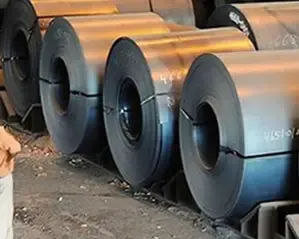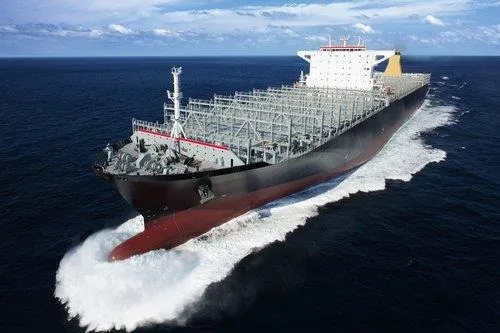South Korea to Combat Antidumping Duty Evasion on Steel Imports

Synopsis
Key Takeaways
- South Korea is addressing antidumping duty circumvention.
- A mill test certificate will be required for steel imports.
- A specialized team will be formed to combat misrepresentation of imported goods.
- The government aims for duty exemptions on Korean steel.
- Strategies to enhance the steel industry's competitiveness are forthcoming.
Seoul, March 19 (NationPress) South Korea is set to implement measures aimed at preventing the circumvention of antidumping duties on imported steel products. This initiative is part of the government's efforts to safeguard the local steel industry amidst rising global trade barriers, as stated by the industry ministry on Wednesday.
The Ministry of Trade, Industry and Energy revealed this strategy during a meeting of economy-related ministers led by acting President Choi Sang-mok, according to ministry officials.
This decision follows the recent action by U.S. President Donald Trump's administration, which imposed a 25 percent tariff on all steel imports last week, a move anticipated to impact the South Korean steel sector adversely, as reported by Yonhap news agency.
To combat trade circumvention, the government plans to amend its customs regulations, enabling the Korea Trade Commission (KTC) to investigate instances of antidumping duty circumvention utilizing rerouted products through third countries.
Additionally, a mill test certificate, detailing the product's country of origin, will be mandated for all steel imports.
A specialized team is also set to be established within the Korea Customs Service to tackle the issue of imported goods being misrepresented as locally produced for both domestic distribution and export.
The ministry indicated that it will strive to secure exemptions on duties for Korean steel products through ongoing dialogue with major economies, including the U.S., leveraging various trade channels.
Furthermore, the government will address the anticipated carbon levies by the European Union (EU) under the Carbon Border Adjustment Mechanism, along with the EU's initiatives to fortify trade safeguard measures, as well as India's investigation of steel import safeguards, the ministry added.
This year, the ministry aims to develop a strategy to enhance the competitiveness of the local steel industry in response to the challenges posed by the global trade war.









